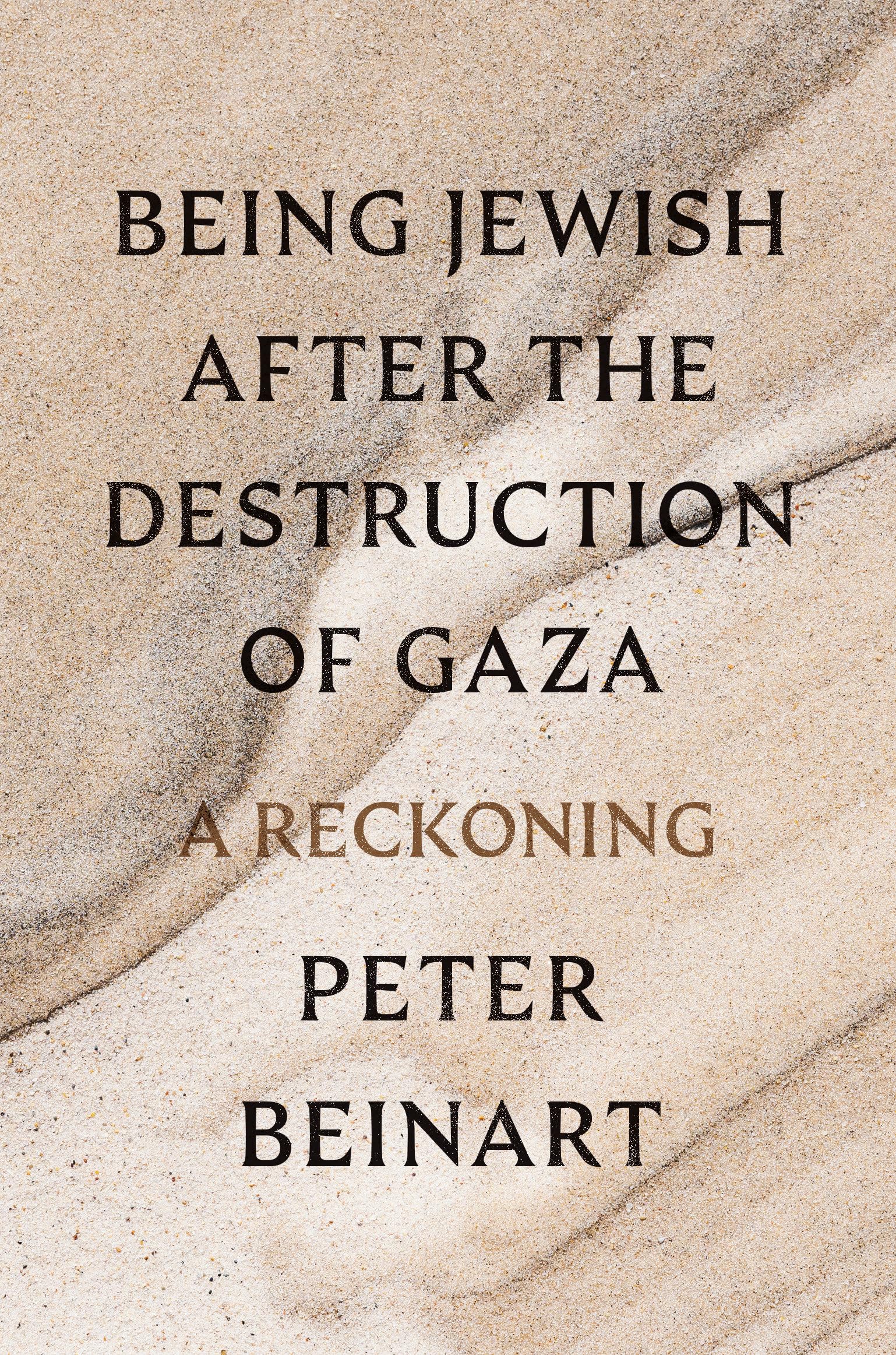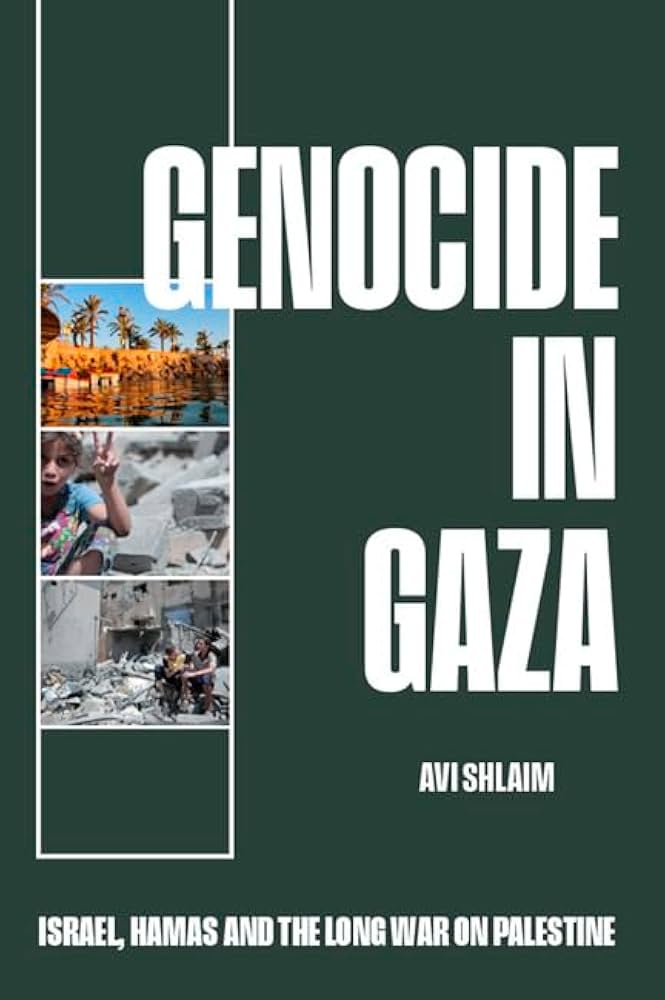The dismantling of the Soviet Union in 1991 and the emergence of a unipolar world put an end to the consistent international support for Palestinian rights. In 1975, the U.N. adopted a resolution qualifying Zionism as “a form of racism and racial discrimination.” This resolution also cited the political declaration adopted at the 1975 Conference of Ministers of Foreign Affairs of Non-Aligned Countries in Lima, Peru, which condemned Zionism “as a threat to world peace” and a “racist and imperialist ideology.” However, persistent lobbying by Zionist groups (both evangelical Christian and Jewish), led the General Assembly to revoke the resolution in 1991. The revocation took place nine days before the dissolution of the Soviet Union, which voted alongside the former socialist bloc to remove the official label of racism from Zionism. This ended consistent support for the Palestinians on the part of most governments in the world.
Mishra highlights racism as a key factor in Western attitudes toward Palestinians. He quotes Alexis de Tocqueville, who wrote in 1831 that the “European is to men of other races what man himself is to animals,” and reminds the reader of the organic link between Nazism and Western imperialism. Judging by the patently disproportionate manner in which Israeli and Palestinian victims have been covered in the Western press, racism is alive and well. Israeli deaths often receive far more media coverage than those of Palestinians, and the Israeli narrative dominates Western legacy media. Mishra, like many others from the Global South, is acutely aware of this imbalance. Yet he goes further, identifying deeper structural alignments between pro-Israel forces — both Christian and Jewish — and those of the Western ruling class. He quotes James Baldwin, who observed after visiting Israel in 1961, “to me it was obvious why the western world created the State of Israel, which is not really a Jewish state. The West needed a handle in the Middle East.”
Though neither is American, Shlaim and Mishra provide important insights into how Israel navigates its relationship with the United States — its prime source of political and military support. Mishra devotes an entire chapter to “Americanising the Holocaust,” in which he examines the policy of weaponizing antisemitism to mobilize support for Israel. The Trump administration has taken this policy to new heights, going after pro-Palestinian activists on campuses whose names are supplied by Zionist militants. American universities are financially punished for allegedly “tolerating antisemitism,” even when their actions — such as Columbia University inviting police to disperse peaceful protests — suggest otherwise.
Beinart dedicates an entire chapter to the instrumentalization of the Holocaust in Zionist narratives. He presents statistics proving that Palestinian and pro-Palestinian students in the United States experience more violence than they commit. Sometimes, the violence is meted out by Zionist vigilantes, as happened, for example, in Los Angeles during the spring of 2024. Nevertheless, this fact does not impede U.S. authorities under Trump from imprisoning and deporting non-American, pro-Palestinian activists, or from severely restricting the freedom of speech rights of their American counterparts.


